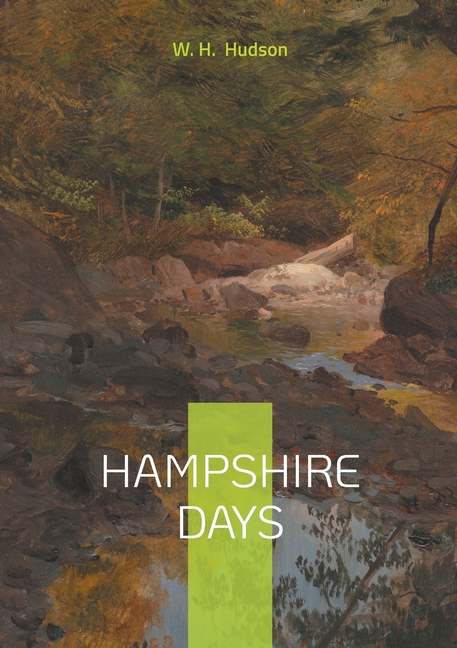Description
Hampshire Days by W.H. Hudson is a masterful collection of naturalist observations that captures the essence of England's countryside through the keen eyes of one of its most celebrated nature writers. This intimate chronicle documents Hudson's extended stay in the New Forest ecology during 1902-1903, blending scientific precision with poetic prose to immortalize a vanishing rural England. The book opens with vivid seasonal portraits autumn oaks clinging to golden leaves in December gales, winter's skeletal landscapes giving way to the "delectable bird-months" of spring. Central to the narrative is Hudson's residence at a 17th-century cottage near Boldre Water, which becomes a living laboratory for studying wildlife essays in microcosm. He meticulously records: The symbiotic drama between weasels and voles ("Nature's little blood-letter") Cuckoos commandeering robins' nests with Darwinian ruthlessness Shrews blundering into flowerpots and woodpeckers' rhythmic drumming Beyond Edwardian nature writing, Hudson delivers sharp ecological critiques. He laments the New Forest's degradation by human exploitation while celebrating resilient species like the tenacious Forest fly. The final chapters expand into philosophical meditations on mortality from ancient burial mounds to the annual die-off of migratory birds asking profound questions about humanity's place in nature's cycles.
Last updated on
Product Details
- Jun 27, 2025 Pub Date:
- 2322542113 ISBN-10:
- 9782322542116 ISBN-13:
- English Language




